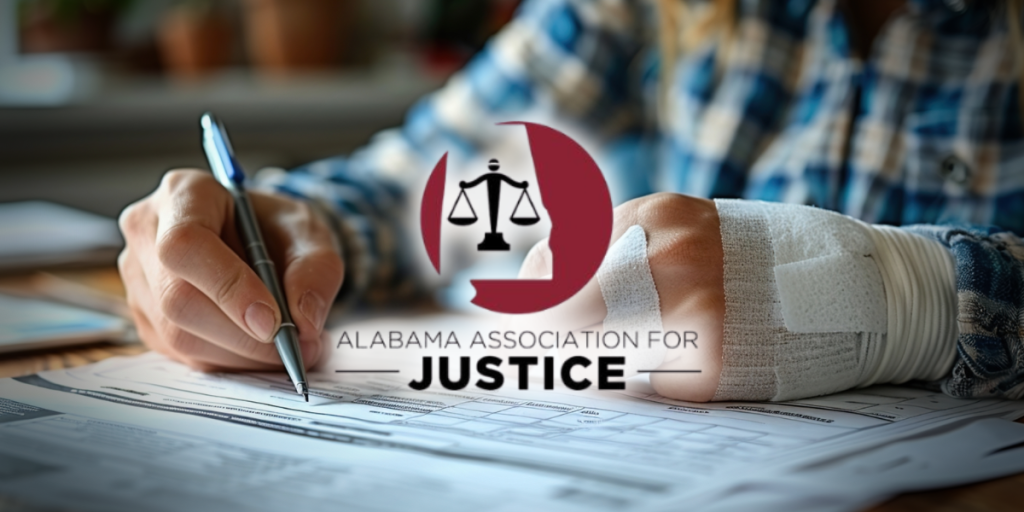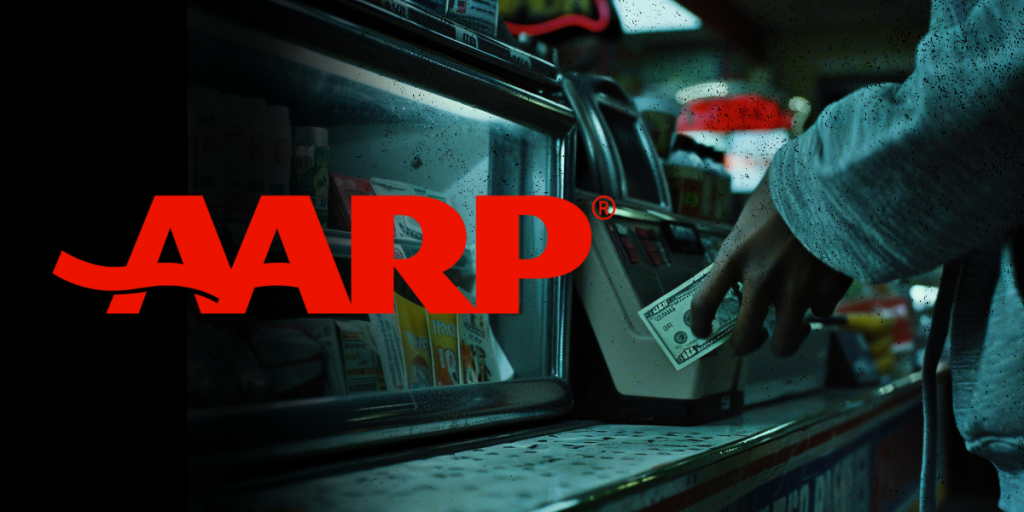I remember the collective groan that went up from motorists when “red light cameras” became a thing. Suddenly, it didn’t matter if the police were around to see you push your luck with a changing traffic light.
Big Brother always would.
The heightened accountability at busy intersections felt a bit creepy and oppressive, but most drivers shrugged it off as the price we must pay for safer roadways.
Now the Alabama Department of Transportation (ALDOT) is considering the requests of multiple public and private entities to use rights-of-way to install more surveillance equipment. In 2020, we’re way past red-light cameras and license plate readers; on the table now are other technologies such as legacy surveillance cameras and gunshot detection arrays.
Some will argue that more information in the hands of law enforcement is always a good thing and increases our collective safety. There are indeed legitimate reasons to equip law enforcement with the tools they need to do their jobs well.
But when it comes to increased surveillance and the privacy of law-abiding citizens, we are standing on a slope covered in Crisco.
Data and surveillance information are only as noble as the hands that hold them, and the laws that govern their use.
It’s one thing to allow the collection of license plate numbers when a red-light infraction is detected. (And even this is an imperfect law enforcement mechanism; it tells you to whom the offending car is registered, but not who was driving.) But legacy surveillance cameras are another level altogether.
Cameras set up to allow the government to monitor our daily lives remotely should alarm those who value individual liberty and who want to restrain government. As much as we respect our friends in law enforcement, and acknowledge the challenges of their task, the fact remains that they are an arm of the government.
In its April 2 public notice detailing the permitting process for the installation of such equipment, ALDOT acknowledged the privacy concerns at stake and demonstrated a willingness to restrict permits to local governments and law enforcement agencies. Additionally, the agency says that “the use of accommodated sensors and all collected data shall be strictly limited to law enforcement or public safety purposes, whether maintained or stored by the governmental entity or any private service provider.”
The question then becomes: who gets to decide what is and is not a legitimate law enforcement and public safety purpose? The former is a broad category, the latter even more so.
This is a question with profound implications for personal privacy and should be governed by carefully structured law.
It is too important to leave to the interpretation of departmental regulation and scant oversight. Surveillance and data collection technology advance so rapidly that leaving these permits available to any device or technology that may be deemed useful to law enforcement and public safety is far too broad.
Why?
Because we evaluate these questions and calculate risks in practical terms based on the technology known to us today. But what about technology that will emerge tomorrow? Are we willing to write a blank check and leave it in the hands of ALDOT and law enforcement agencies?
Admittedly, our engagement with the internet and cellular networks has made the concept of personal privacy all but a joke in modern life. Heck, I’ve traded some privacy away so that Chick-fil-A can have the sandwich I ordered on their app ready at the precise moment I roll into their parking lot.
But at least when it comes to my phone or computer, I reserve the right to throw it off a bridge one day and retreat from digital view. Government-installed cameras in public spaces and on roadways strip us of that option entirely.
I’m not sure allowing the government to know our every move even yields the promised safety, but I do know that it costs each of us something.
Our lawmakers should get to work capping that cost and keeping Big Brother on a leash.
Dana Hall McCain, a widely published writer on faith, culture, and politics, is Resident Fellow of the Alabama Policy Institute; reach her on Twitter at @dhmccain.
API is an independent, nonpartisan, nonprofit research and educational organization dedicated to free markets, limited government, and strong families; learn more at alabamapolicy.org.












